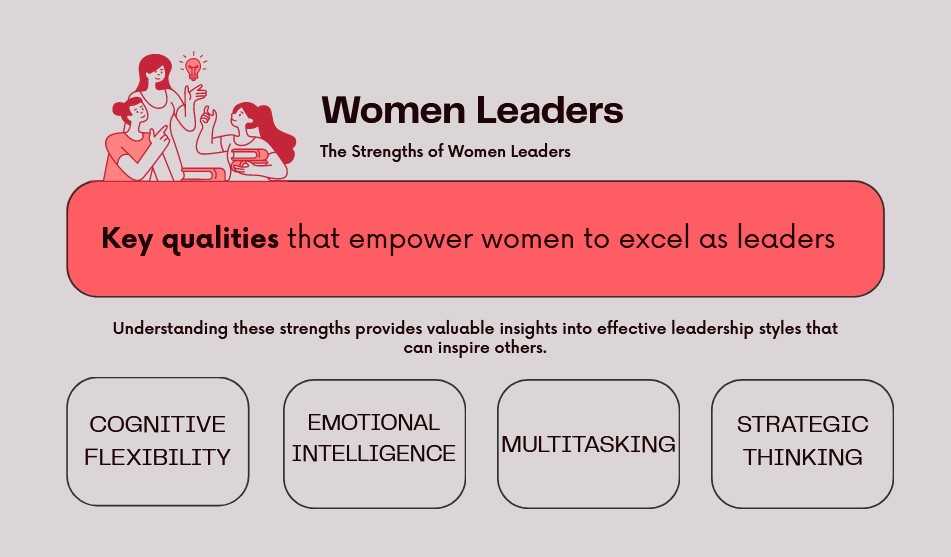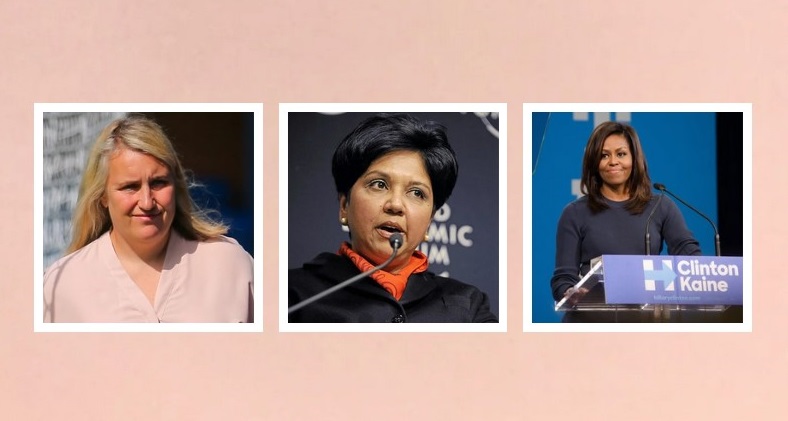How Executive Coaching Helps Women in Leadership

Would you believe if we say the top leadership positions are still dominated by men despite decades of progress towards gender equality?
Sounds unrealistic, but we have proper evidence. As of 2024, only roughly one-third of leadership positions worldwide are held by women. Nearly 70% of women believe they are paid less for doing the same work as men. Just 11% of women believe that their male peers treat them with the same respect. Just roughly 50% of Gen Z women think they have the same chances as men to land a management job.
Sounds alarming, right?
The good news is that it is not indestructible. A powerful motivator for women in leadership roles is executive coaching. Be it gaining particular skills, getting personalised feedback or boosting overall confidence, there is nothing more effective than custom-made business and executive coaching. To stand against gender bias in leadership opportunities, read this blog to the end and find out how executive coaching can play a crucial role in benefiting women leaders.
What are the biggest challenges faced as a female leader?

There are specific barriers that create this leadership gap, and let's first understand those-
a. Leadership Stereotypes
Traditional male traits like decisiveness and assertiveness are still often linked to leadership qualities. Women in leadership roles may therefore encounter suspicion or uncertainty regarding their power and capacity for making decisions. This may cause them to lose confidence and become ineffective leaders.
b. The "Glass Ceiling"
Many women encounter an invisible barrier that prevents them from achieving top executive positions, even when they have proven their abilities. The "glass ceiling" often stops women from rising to the top leadership positions, which limits their ability to have an impact on top-level business strategy and decision-making.
c. Limited Mentorship Opportunities
Mentoring is essential for career advancement in any field. However, research has shown that women often do not have the benefit of senior mentors and sponsors who can actually guide them to advance their careers. The 2023 Catalyst Report found that women are 30% less likely than men to receive mentorship or advice from senior leaders, which hinders their ability to negotiate decision-making and organisational hierarchies.
d. Expectations for Work-Life Balance
Women are often expected to balance work and family obligations without much assistance or flexibility from their employers. Burnout, a lack of focus on career advancement, and decreased productivity can result from the pressure to balance work and home obligations.
Why can women become great leaders?

As there are numerous female leaders already thriving all over the globe, you might simply answer positively to this question. An interesting fact is that there is science that describes how women can be successful leaders.
- Cognitive Flexibility: Women have been found to have more developed cognitive flexibility, which is the brain's capacity to change between thinking about various ideas or adapting to new situations.
- Emotional Intelligence: A Harvard Business Review study found that emotional intelligence (EQ) is a major component of effective leadership, and women often score better on EQ tests than men.
- Multitasking: According to research, women are more adept at multitasking than men. They can switch between tasks and process multiple streams of information at once.
- Strategic Thinking: According to a 2021 study published in the Journal of Business Venturing, female entrepreneurs are just as likely as their male colleagues to take risks, but they typically do so with a more calculated and strategic approach.
Why introduce executive coaching to the women's leadership aspect?
To understand, you first need to answer the question of "what is executive coaching?"
A customised, one-on-one development process, executive coaching aims to help leaders improve performance, grow in self-awareness, and accomplish their career objectives. In contrast to mentoring, which typically involves giving advice, coaching is inquiry-driven. In order to assist clients in discovering their own answers, coaches pose the appropriate questions.
Executive coaching offers a strategic and safe environment for managers to reflect, try new things, and develop as they navigate challenging roles or get ready for advancement. According to a study conducted by the International Coaching Federation, over 70% of people who received coaching reported having better communication and work performance skills, and 86% of businesses say they recovered their training costs.
As we have already discussed the barriers, what executive coaching does is equip women with the right tools to break through those leadership barriers. The proper coaching can sharpen the existing skills and transform the way women lead, influence and inspire.
What are the advantages of executive coaching for women leaders?

The goal of executive coaching is empowerment. It can benefit in several ways-
1. Providing Clarity
Executive coaching encourages clarity and self-assurance. Many women suffer from impostor syndrome and self-doubt, even those in high positions. Executive coaching assists in reconsidering limiting beliefs and substituting them with a confident and grounded sense of ability.
2. Helping to Achieve Goals
Executive Coaches assist leaders in establishing specific, attainable goals that complement their professional goals. This covers both immediate goals and long-term career planning. To accomplish these goals, the coach and women leader collaborate to create workable plans, with frequent check-ins to evaluate progress and make necessary modifications.
3. Building Strategic Capabilities
The core leadership skills of emotional intelligence, decision-making, resilience, negotiation, and vision-setting are all enhanced by executive coaching. Many women find that coaching gives them the kind of structured feedback and support that they may not always get in leadership circles that are dominated by men.
4. Managing Politics in Organisations
Influence is just as important to leadership as achieving results. Women who receive coaching are better able to comprehend the power and visibility dynamics in their organisations. This involves creating cross-functional partnerships, managing up, and making their accomplishments known.
5. Creating Ambitious Career Objectives
Women tend to focus on what feels realistic rather than what feels exciting, a lot too often. Whether it's aiming for the C-suite, launching a business, or changing careers, experienced business coaches advise their clients to have big dreams and then devise a workable plan to achieve them.
Renowned female leaders and their views on executive coaching

Image collage of Emma Hayes, Indra Nooyi, Michelle Obama
Let's focus on some success stories of women leaders and understand the real-life scenario-
Emma Hayes (Head Coach, U.S. Women's National Soccer Team)
During the USA's successful run at the 2024 Olympic Games, Emma Hayes disclosed that she used an executive coach. In the Sports Agents Podcast, she reveals that,
"I've worked with different coaches and mentors over the years, but have never had an Executive Coach beside me through an entire tournament like that," Hayes said. "What was I doing beforehand?!"
She expresses how the executive coach helped her in establishing clear communication and brought out the best parts in her. Hayes says the coach didn't have any experience in gaming, but made her performance better. About the executive coach, she says
"Working to develop the human connection and human potential was beyond rewarding. I found myself being really vulnerable within it, too."
Indra Nooyi (Former CEO, PepsiCo)
The one who transformed the PepsiCo company's portfolio and set it up for long-term growth by leading with vision and grit was Indra Nooyi. About executive coaching, she stated:
"If I hadn't had mentors, I wouldn't be here today. I'm a product of great mentoring, great coaching."
Nooyi started establishing her post-CEO legacy near the end of her tenure at PepsiCo. She has personally coached or mentored nine current CEOs, as she notes in one interview. However, a large number of her past coaches were men. More women mentoring other women is long overdue. Regarding this she says,
"Women helping each other — coaching, mentoring, and providing tips — is a great way for us to be our own force."
She also adds, "The glass ceiling will go away when women help other women break through that ceiling."
Michelle Obama (Former First Lady, Advocate, Author)
Although she didn't mention anything directly on executive coaching, you surely shouldn't miss the famous woman leader's view on guidance and mentoring. In keynote speeches and interviews, Michelle Obama often states, "I mentor because I was mentored."
Michelle established a mentorship programme and organised mentoring events while she was in the White House, and she showed that everyone has the time and ability to mentor, including the First Lady.
Conclusion
Nothing can get in your way when you have the right guidance. Now that you know that an executive coach can be that guide and can build a bridge between you and the leadership qualities, it's time for you to arrange one before it's too late. For professional business coaching in Melbourne, contact Ernstver Consulting today.

